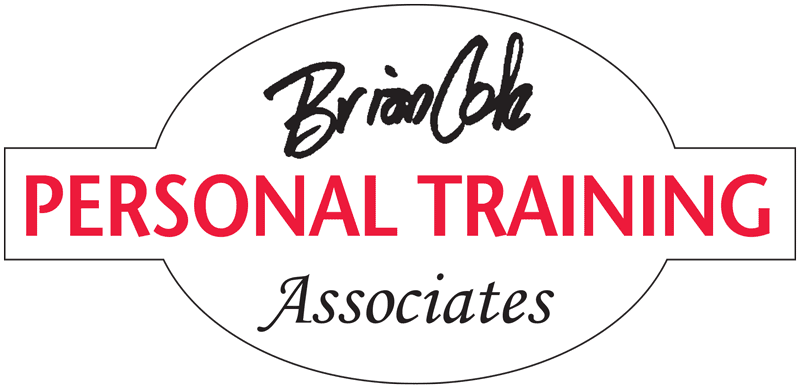This is about a potential path to improving your sleep patterns which’ll result in a more rested you. If you or someone you care about is having trouble with getting enough restful sleep, open your (tired) mind and consider this.
I stumbled on this a few years ago, experienced it, appreciated its benefit, then did some homework, which I hope is helpful to some of you. No, this isn’t about “block out light and noise, only use bedroom for sleep and sex, no TV, set temps to….” That advice is in every grocery store magazine, preying on impulsive shoppers patiently waiting in line. While it’s good advice, it’s not working for many or it’s too difficult to follow all of it strictly.
This is about phasic sleep. Specifically bi-phasic sleep. First a little background: (and I admit this is over-simplified generalized info but hey, try to get through your day without some generalizing). For centuries, societies, cultures and commerce were based and dependent on agriculture. Most people worked from homes and farmed, gardened, ranched and produced goods to be sold, bartered and consumed. So folks set their own sleep schedules based on what needed to be done and their energy levels. That was the Agricultural Age, which eventually gave way to the Industrial Age when inventions of machinery made centrally located factories far more efficient in providing more goods to more people. Young people left the family farms and moved to towns and cities where the factories were.
These city congregations needed housing, ways to address open sewers and diseases, clean water supplied from afar, laws to govern ruthless employers and the rights of employees and so on. Pressure mounted for governments to hire more employees to manage these issues so these newly congested cities could grow more efficiently. Here come government and factory time clocks to organize workers and increase productivity. 9 to 5 time clocks. Now daily life schedules became controlled by expectations of timely productivity. No more resting during the hottest time of midday and therefore being more productive in the afternoons as had served many cultures very well.
Prior to industrialization, we were able to rest, sleep, nap, even siesta for a couple of hours in some cultures when it made the most sense for us individually: the hottest time of day or just when we were tired and needed to. We could sleep in two phases. (i.e. bi-phasic sleep). But now we had to sleep when it suited the time clock (or some version of it). We’re “told” to work an 8-hour day, sleep for eight hours and have the remaining eight hours for whatever. Sounds unnaturally structured to me.
A day with a midday meal followed by a brief nap increases (think lunch hour) energy and productivity in the afternoon, leaves us with energy to be more active in the evenings and therefore be ready for sleep instead of crashing on the couch, tired from the day, drinking with snacks close by, dozing off and then trying to have a night of restful sleep.
I hear some of you saying you just don’t have the time to fit in a midday nap. Please know midday rest and recharge works for and has been advocated by many very busy notables throughout history.
Think of it this way: people lived by their natural time clocks for centuries. Only recently have we become dependent on arbitrary rules of when and how much we should sleep. A nap is like a supplement for inadequate sleep the previous night, not an inhibitor for the upcoming night.
I’ve found if I don’t sleep as well as I’d like at night, if I’m tired in the morning, I can usually have a brief nap with zero negative side effects. I’m just more rested overall. If you can’t find the time, you can’t. Many have though. And it’s difficult to overestimate the negative effects on our health of inadequate sleep. I hope some of you try it and find it helpful.

